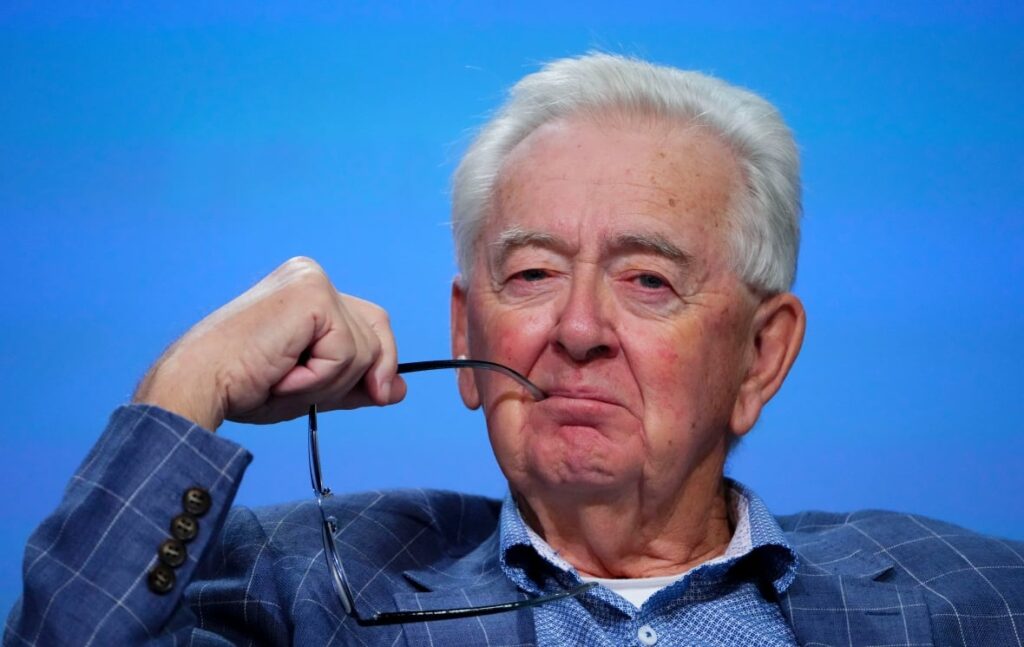
Introduction
Preston Manning, a significant figure in Canadian politics, is best known for his role as the founder of the Reform Party, which reshaped the political landscape in the 1990s. As a prominent voice for Western Canada, Manning’s influence extended beyond the confines of his party, initiating changes that resonate in the political fabric of Canada today. Understanding his legacy is crucial, especially as political dialogues continue to evolve around national unity and governance.
Background
Born on June 10, 1942, in Alberta, Preston Manning grew up in a politically engaged family. His father was a prominent member of the Alberta legislature, instilling in him a passion for public service. After completing his education, Manning entered the world of politics, motivated by a desire to give a voice to the underrepresented citizens of Western Canada.
Founding the Reform Party
In 1987, Manning founded the Reform Party, advocating for issues pertinent to Western Canadians, such as fiscal conservatism and democratic reform. The party gained traction rapidly, capitalizing on discontent with the established political parties, particularly the Progressive Conservative Party. In the 1993 federal elections, the Reform Party made waves by winning 52 seats, becoming the official opposition. This marked a turning point in Canadian politics and signaled a shift towards addressing regional grievances.
Key Contributions
Manning’s approach was characterized by grassroots activism and a commitment to the principles of accountability and transparency in governance. Under his leadership, the Reform Party introduced innovative policies, advocating for a new vision of Canada that accommodated the needs of diverse regions. His efforts laid the groundwork for the eventual formation of the Conservative Party of Canada in 2003, merging several right-leaning entities into a more unified front.
Post-Political Career
After stepping down as party leader in 1997, Manning continued to influence Canadian politics through various initiatives. He became a respected commentator, offering insights on federalism, economic policy, and party dynamics. Additionally, he founded the Manning Centre for Building Democracy, focusing on training the next generation of political leaders and fostering public engagement.
Conclusion
Preston Manning’s legacy is a testament to his commitment to reforming Canadian politics and amplifying Western voices. His founding of the Reform Party and subsequent contributions underscore the importance of representation in a diverse nation. As Canada navigates a complex political landscape, reflecting on Manning’s impact offers valuable lessons in leadership, civic engagement, and the need for constant dialogue among its citizens. His influence persists as a reminder of the power of grassroots movements in shaping national policy.






